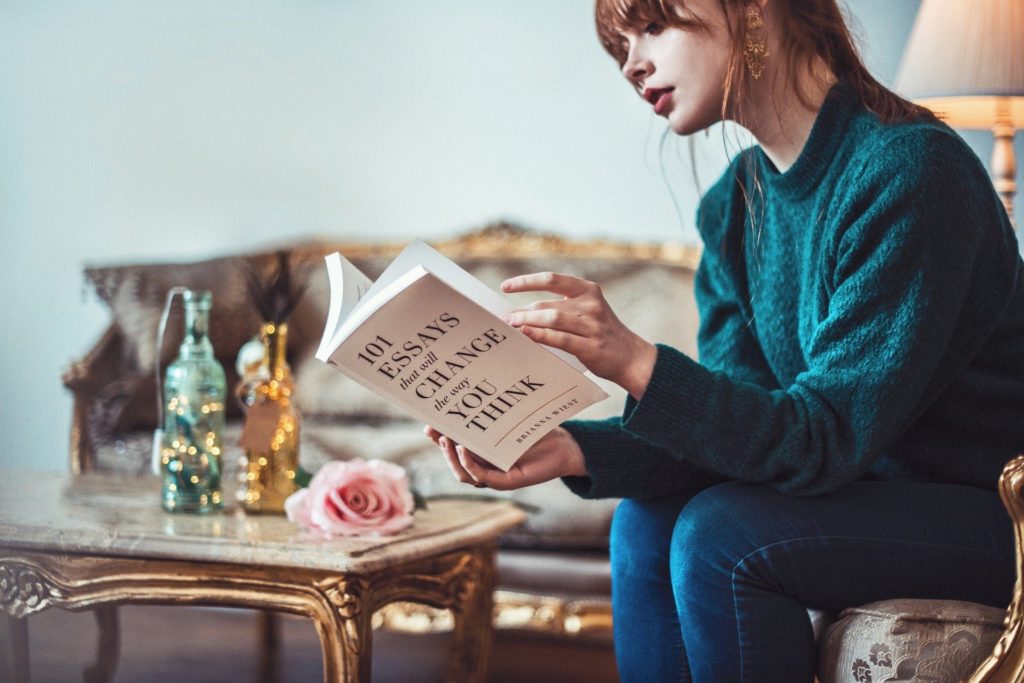Finding Belonging Through Self-Knowledge
Foske de Kruijf shares how her family’s journey through profound giftedness catalyzed connections in new communities and deepened her existing friendships.

Foske de Kruijf shares how her family’s journey through profound giftedness catalyzed connections in new communities and deepened her existing friendships.

To connect meaningfully, the most important thing we can give people is our time—without a phone constantly interrupting it. Consultant and coach Anya Pechko shares some striking insights on how to do this from her work with clients seeking to overcome digital addiction.

Think you know how to think? The brand new School of Thinking at Vrije Universiteit Brussel is designed to teach students precisely this. Dr. Marta Lenartowicz sat down with Third Factor Magazine to tell us just what the School does—and offers you a few ideas to of areas to focus your own thinking, even if you can’t make it to Belgium for class.

Benita was convinced she was weird, so when she met people who thought they had things in common with her, she set them straight. But then she started to feel lonely….

Socrates and the Buddha have some suggestions for you highly agreeable types who can’t quite bring yourself to speak up about something important.

Editor in Chief Jessie Mannisto introduces our new editors, invites you to take a survey, and highlights the issue’s theme of exploring that thing we (reluctantly) call giftedness.

Paula Prober coined the term “rainforest mind” to describe those gifted, complex individuals she works with as a psychotherapist. And though having a rainforest mind may be uncommon, rainforest minds generally have some commonalities, as she explained when she sat down with us.

How does creativity contribute to adolescents’ psychosocial growth? Here Krystyna Laycraft shares her doctoral research on the subject and shows why the theory of positive disintegration is particularly relevant to the highly creative.

Voice coach Laura Stavinoha explains how to keep your intense mind from running away with you while you speak, leaving your audience in its dust.